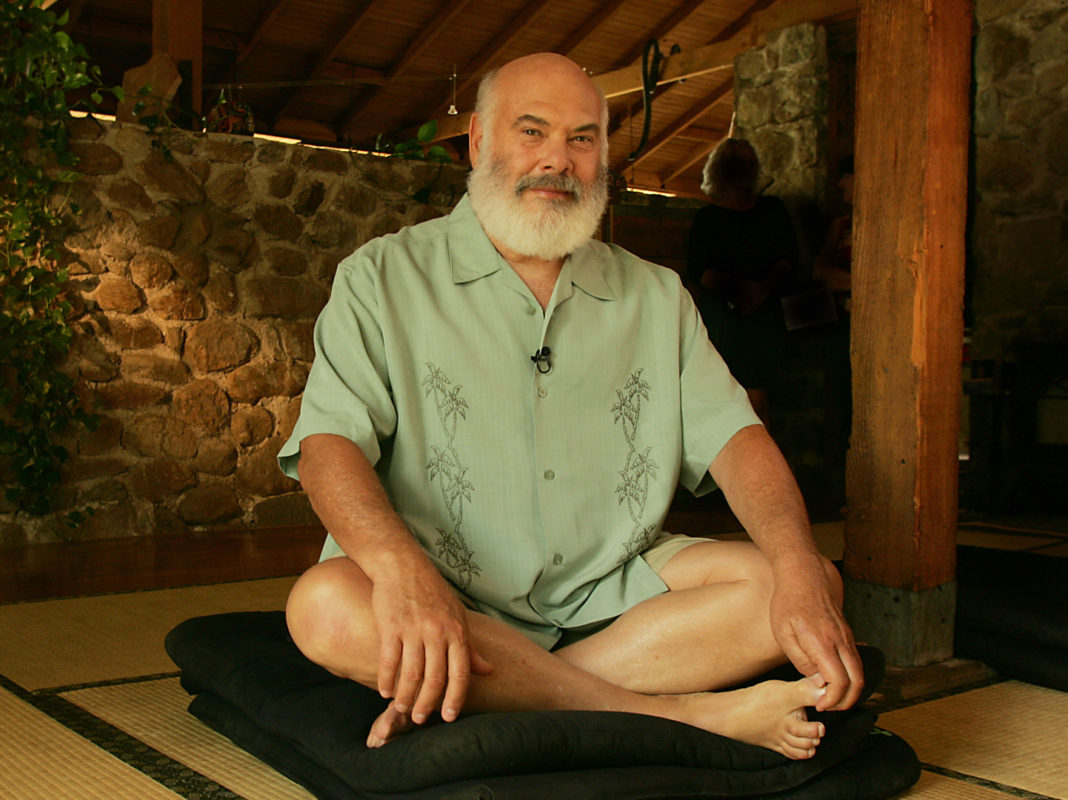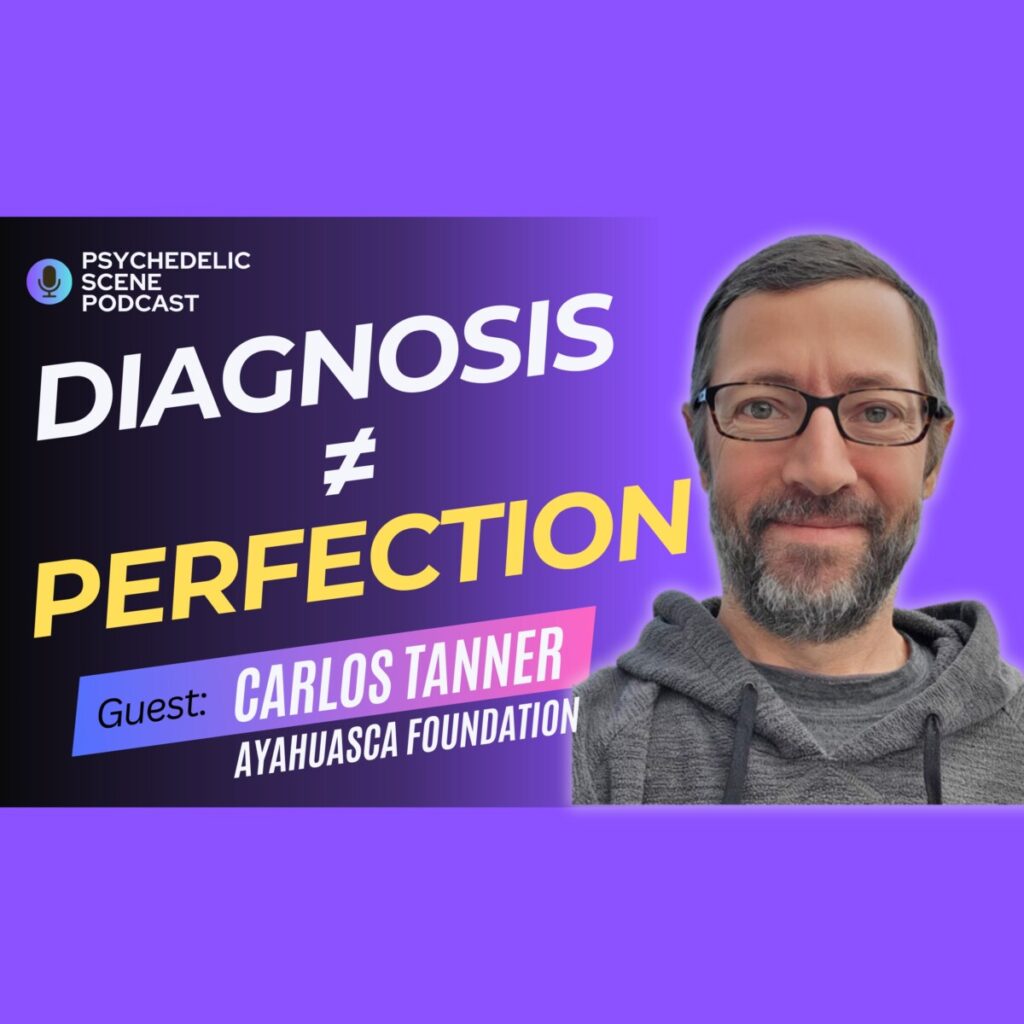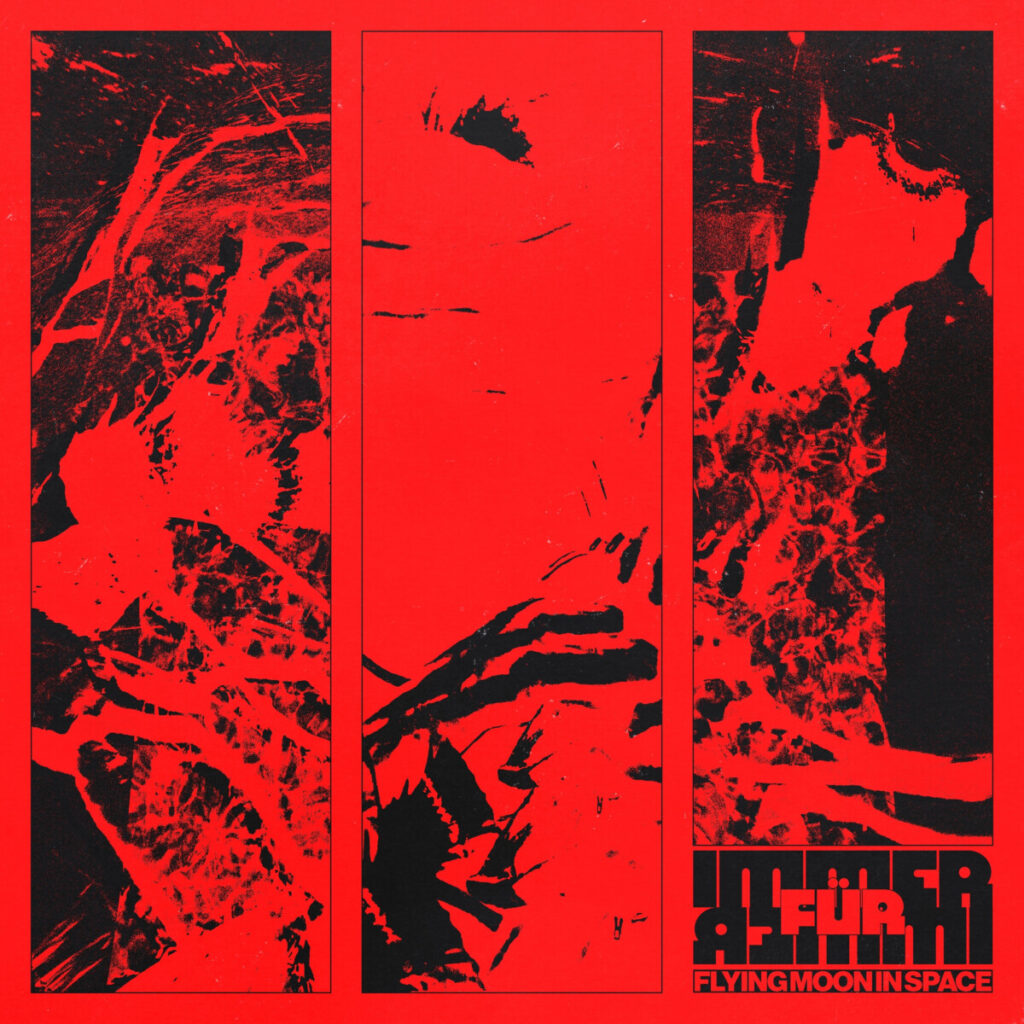Interview: Dr. Andrew Weil
Interview: Dr. Andrew Weil
Dr. Andrew Weil:
Hi.
Jason LeValley of Psychedelic Scene:
Hello Dr. Weil. Thank you so much for doing this.
Weil:
Sure.
LeValley:
Really appreciate it. Well, shall we begin?
Weil:
Yup.
LeValley:
Alright. Well I know that you believe psychedelics should and will be legalized. Do you think that legalization should be outright or do you think it should come with certain restrictions?
Weil:
Well, first of all I think probably legalization will occur in steps and first is going to be for therapeutic use probably I would say first MDMA for treatment of PTSD and then psilocybin for drug resistant depression and then we’ll see how it goes from there. All of these drugs have to be removed from Schedule One so that’s the big stumbling block and that will require an act of congress but that has to happen. So that’s something I think we should all be pressing for.
LeValley:
Okay. You say in one of your books that you believe that psychedelics merely release or trigger experiences that originate in the human nervous system and that one can learn to have these experience without taking any drugs. I believe that, but I have no idea how to tap into that.
Weil:
Well, it’s not necessarily so easy and may be different for each individual. I’ve had very powerful psychedelic-like experiences from fire walking, from being in a Lakota sweat lodge, from other experiences like that. So I think it’s possible. And I believe we have an endogenous psychedelic, probably DMT or some analog of it, and maybe that mediates these kinds of experiences. So I don’t say that that’s easy, I just say it’s possible.
LeValley:
Right. And some people claim that Holotropic Breathwork does that. Have you had any experience with that?
Weil:
I have. I can’t say that I’ve had altered states as powerful as I’ve had with psychedelics on that, but I know some people who have had.
LeValley:
Okay. Do you think that, for most people, marijuana can be part of a healthy lifestyle?
Weil:
I think it depends on frequency of use and what they’re getting out of it. One of the strange things about cannabis is that the reactions to it are so individual. Some people can use it before bed and it helps them sleep and other people, if they use it before bed, can’t sleep. So reactions are so variable. And I see people who really use cannabis, I think, overly frequently and not productively. That does not happen with psychedelics because you can’t really take them frequently– the experiences disappear. So I think possibly yes, but I think you’d have to look at individual cases.
LeValley:
Right. It just seems that there are so many people that develop a habit and can’t seem to break it. I’ve known a number of people who’ve flushed their baggy down the toilet and then two days later they’re back at it.
Weil:
In my twenties and early thirties. I used cannabis very frequently, every day, many times a day and, early on, those experiences were very productive for me. They stimulated creativity and thinking. They promoted social bonding and then, as I got older, the experiences became more introspective, still useful to me. But then at some point, I think in my mid-thirties, I stopped getting useful effects from it at all. It made me dopey and sleepy and groggy and I could not stop using it. It took me a few years to separate myself from it. So I think that is certainly a possibility. It’s not like… For one reason or another, I traveled and I didn’t have it with me, I didn’t think about it, I didn’t have withdrawal from it. But if I were around it, I couldn’t limit my use.
LeValley:
Yes. Okay, when I spoke with you before, you said that you haven’t taken psychedelics in a long time. Did you make the conscious decision to stop taking them?
Weil:
No, I didn’t think about it, I just… Looking back on it, I think I got what I had to get from them, which was very powerful, that my psychedelic experiences really shaped my thinking about a lot of things, including my views on health and medicine. But at some point I felt that I had gotten what they had to teach me and I didn’t feel compelled to use them anymore.
LeValley:
Okay. And you’re participating in the Psychedelic Assisted Therapy Global Summit this week.
Weil:
I am.
LeValley:
Right, so you still have some stake in psychedelics, obviously. What will you be talking about specifically?
Weil:
Well, first of all, obviously these have great potential benefit in psychiatric medicine. I think they also have tremendous potential in physical medicine. But beyond that, I really think that psychedelics can save the world. And in fact, I think that’s the only thing out there that I think has the potential of doing that because they can catalyze a transformation of consciousness, and a transformation of consciousness is the only thing that’s going to change human behavior in ways that stop us from the destructive path that we’re on.
courtesy of drweil.com
LeValley:
Okay, I know that you’re not a fan of SSRIs, antidepressants or benzodiazepines and I’m wondering what you would recommend for someone who is depressed– severely depressed– and anxiety ridden.
Weil:
Well, anxiety is easier to talk about. First of all, I think the benzos are some of the worst drugs out there. I don’t think there’s any reason ever to take them except for very short-term management of situational anxiety. They are horribly addictive and interfere with cognition. People should never start taking them. The most effective anti-anxiety measure that I have found is the 4-7-8 breathing technique that I teach. I have seen that end the most intense forms of panic disorder. Very powerful depression is more complicated. I think the SSRIs are ineffective and they have bad effects and over time I think they can worsen depression, but they just don’t work. I wrote a book called Spontaneous Happiness a few years ago and that has very detailed recommendations for things to try for depression, among them regular physical activity for which we have the tremendous amount of research supplementing with omega three fatty acids, taking vitamin D, but then there’s a whole series of things to be done under the heading of psychological work and spiritual work. So I think it’s a, you know, it’s a more complex problem, but there are many non-pharmacological approaches to depression.
LeValley:
Okay.
Weil:
You mentioned that, by the way, and I would think that psychedelic therapy, which does not have to be long-term, can be very effective in managing both anxiety and depression.
LeValley:
OK, yes. And now you mentioned this 4-7-8 breathing technique, and I was wondering where those numbers come from. I’ve seen another technique that uses like 6-8-8.
Weil:
I think there are many variations. This is a pranayama technique that’s thousands of years old from yoga, and that tradition. There are hundreds of breathing exercises that are recommended of all different ratios. This is the one that I learned that I find to be most effective at bringing out the relaxation response. But I won’t discount other ways of doing it. But this one I know works. I’ve used it myself, I’ve taught it to thousands of people. I’ve seen really marvelous effects from it.
LeValley:
Does it seem to work for everybody?
Weil:
I’d say it works for a vast majority of people from of all ages. It requires practice, though. It’s something that you have to do on a regular basis. And the more you practice it, the more effective it becomes.
LeValley:
So if somebody does this just once or twice, it won’t have any effect?
Weil:
Probably not. I mean, maybe something you can notice, but really it has to be done I’d say a minimum of twice a day and really done religiously. And after about four to six weeks, you begin to see significant physiological changes. Lower blood pressure, slower heart rate, better digestion, increased warmth of skin. It’s increasing the tone of the parasympathetic nervous system, which is very desirable in our society.
LeValley:
Okay, thank you. What are your thoughts on microdosing?
Weil:
I’ve done it some. I can’t tell from my own use of it that I got any great benefits from it. I did it with both LSD and psilocybin. I didn’t like the feeling of LSD. It lasted too long, but psilocybin was more interesting and mostly a sense of energy. I did not notice things like enhanced creativity that people talk about, and I really didn’t do it regularly enough to tell. I’ve talked to a lot of people who say it’s done great things for them. We don’t have a lot of research on it. I think it’s an interesting technique. It’s not the full-blown psychedelic experience, which is the one that I’m most interested in—with the potential to change consciousness and thinking.
LeValley:
Right. The results from studies show that the benefits are no better than the placebo effects for microdosing. But there are so many people that swear by it.
Weil:
Well, there are so many people that swear by all sorts of placebos.
LeValley:
That’s true. All right, well, last question here.
Weil:
Yes.
LeValley:
You’re 80 years old now, I believe. What else would you like to accomplish in your life?
Weil:
Well, my main mission is to see integrative medicine really become mainstream, which it’s in the process of doing –and our center at the University of Arizona to be on a very firm footing. That’s really my main mission is to change medicine and healthcare and really make up for all the deficiencies in education for health professionals.
LeValley:
Okay, great. Well, thank you so much.
Weil:
Enjoyed it.
Gallery
Recent Articles
Can Molly Mend Your Marriage?
•
February 16, 2026
Immer Für Immer by Flying Moon in Space–Album Review
•
February 13, 2026

Loading...



